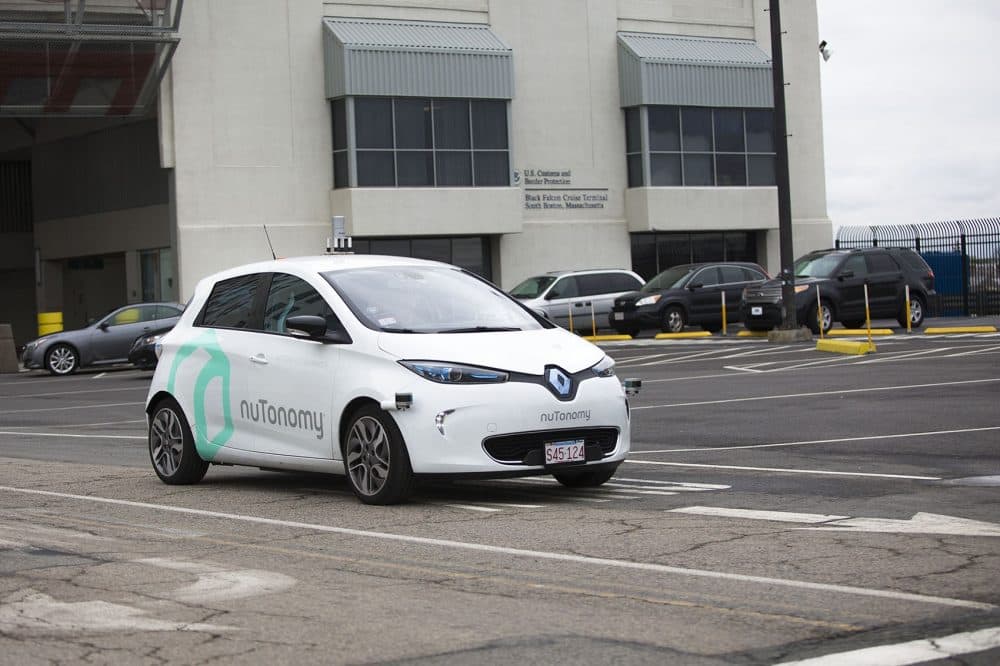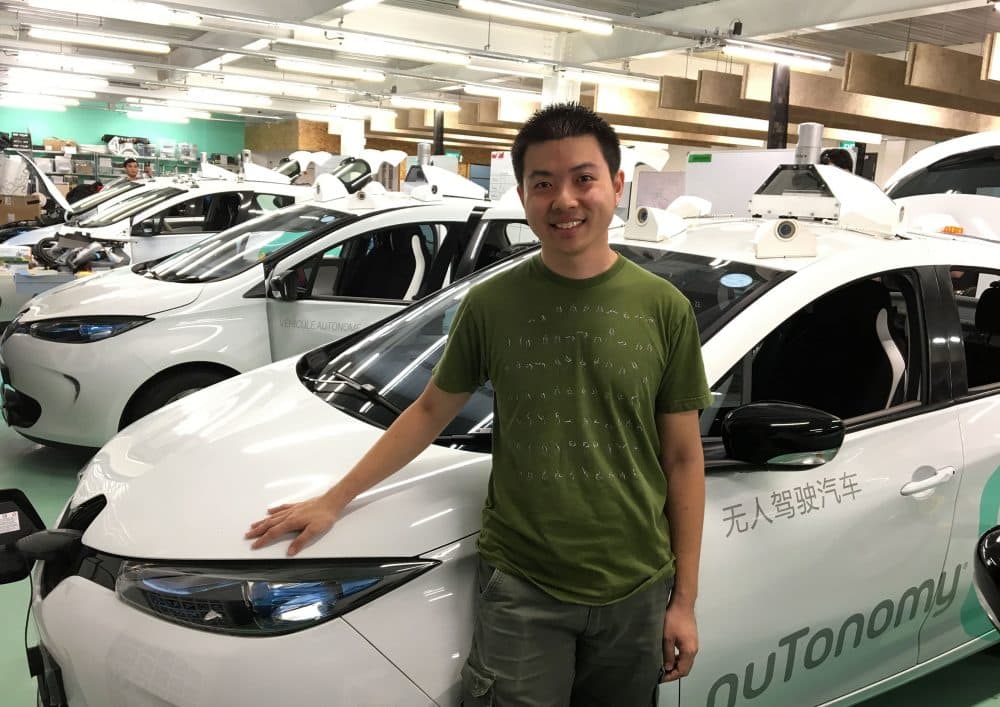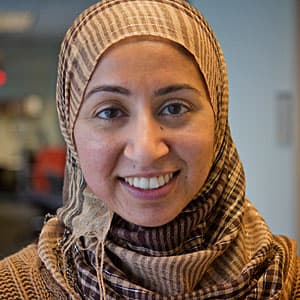Advertisement
Why Singapore Is A Key Part Of NuTonomy’s Strategy For Driverless Cars
Resume
Global auto parts supplier Delphi on Tuesday announced it's acquired Boston-based nuTonomy, a self-driving car software company, for about $450 million.
A key component of the plan is the city-state of Singapore, where both Delphi and nuTonomy are already testing autonomous vehicles.
Under the deal, the number of employees at Delphi working on self-driving cars will roughly double, to 200.
And Glen De Vos, Delphi's chief technology officer, says to win this market, the company has to move fast.
"The acquisition of nuTonomy and bringing them in really helps us accelerate our scale and our expansion of capabilities," De Vos said.
This purchase helps Delphi add new customers and new intellectual property in an emerging market. Delphi has snapped up other self-driving startups, and, for now, insists this latest purchase will keep nuTonomy relatively intact.
"Fundamentally," De Vos said, "nuTonomy will remain an independent entity headquartered out of Boston."
And that means nuTonomy will continue its partnership with the ride-hailing company Lyft, and it still hopes to have a commercial self-driving taxi service on the road by the end of 2018.
But if nuTonomy is successful in getting the world's first robot taxi fleet off the ground, it won't be here in Boston. It'll be in Singapore.
NuTonomy's co-founder and CEO, Karl Iagnemma, has described Singapore as a key part of nuTonomy's history.
"When we formed the company, we realized that it was worth the cost to go halfway around the world to be able to reap these benefits of being in a place that’s just, we believe, the best place in the world to develop driverless car technology today," he said in a recent interview.
NuTonomy spun out of the Singapore-MIT Alliance for Research and Technology. And the city-state is known as a leader in the autonomous vehicle space. The infrastructure is shiny and new. Plus the government has a stated mission to develop a car-light society.
"Singapore’s not a very big country," Iagnemma said. "They speak with one voice and they have a clear idea of what their regulatory environment should look like."
And so, because the regulation is just easier to navigate, Singapore has become a test bed for Boston. NuTonomy has more cars on the road there and more engineers in the office.
A Visit To The Singapore Office

The Singapore office, where I visited recently, is a gray and purple warehouse, home to roughly two-thirds of nuTonony's employees.
"On the right side, we have the developers working on the algorithms," said James Fu, the director of technology at nuTonomy, as he showed me around. "On the left side, these are the cars that are fully converted, modified, ready to go out for testing."
A garage door opened. And a white test car reversed and screeched its way out on to the roads of Singapore.
The Singaporean government recently expanded the size of its driverless car area. It's roughly the equivalent of the Seaport, the North End, Downtown, Beacon Hill and Back Bay combined. Here in Boston, nuTonomy is only allowed to drive around a portion of the Seaport District.
(On Monday, Boston approved a pilot for nuTonomy to begin carrying passengers in the Seaport. It's something that has been done in Singapore.)
NuTonomy's engineers make the point that the more you drive, the smarter your self-driving car gets, and in Singapore the cars have just been on the road longer; they're more experienced.
Fu says the actual technology is identical -- minus the small software changes for left-hand versus right-hand driving. The big difference is the environment.
"The kind of roads in Boston and Singapore is also very different," Fu said. "The climate is different. In Singapore it doesn’t snow. The driving behavior of other drivers is also very different."
OK, obviously, Fu is being polite. We've all dealt with Boston drivers and understand what he's implying.
But the Singapore-Boston testing isn't just about understanding two different ecosystems. Iagnemma has often seen Singapore as a vision for something bigger.
"We want to develop a technology that's globally applicable, that's not customized for a specific city or a specific country," he said. "The only way to do that is to be able to test every day in a diversity of environments."
With the nuTonomy acquisition, Delphi plans to have 60 autonomous cars across three continents by the end of the year.
This article was originally published on October 25, 2017.
This segment aired on October 25, 2017.
